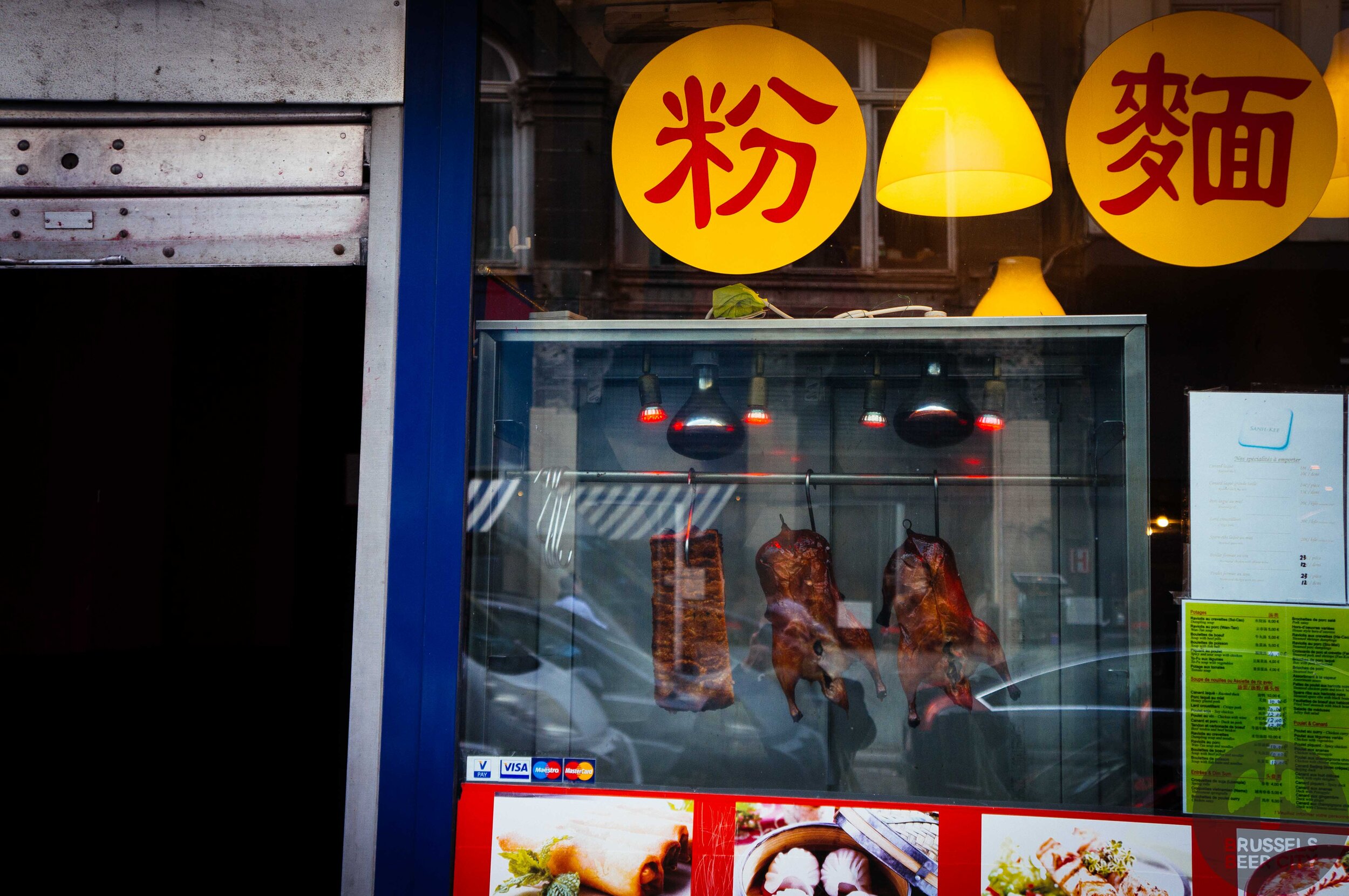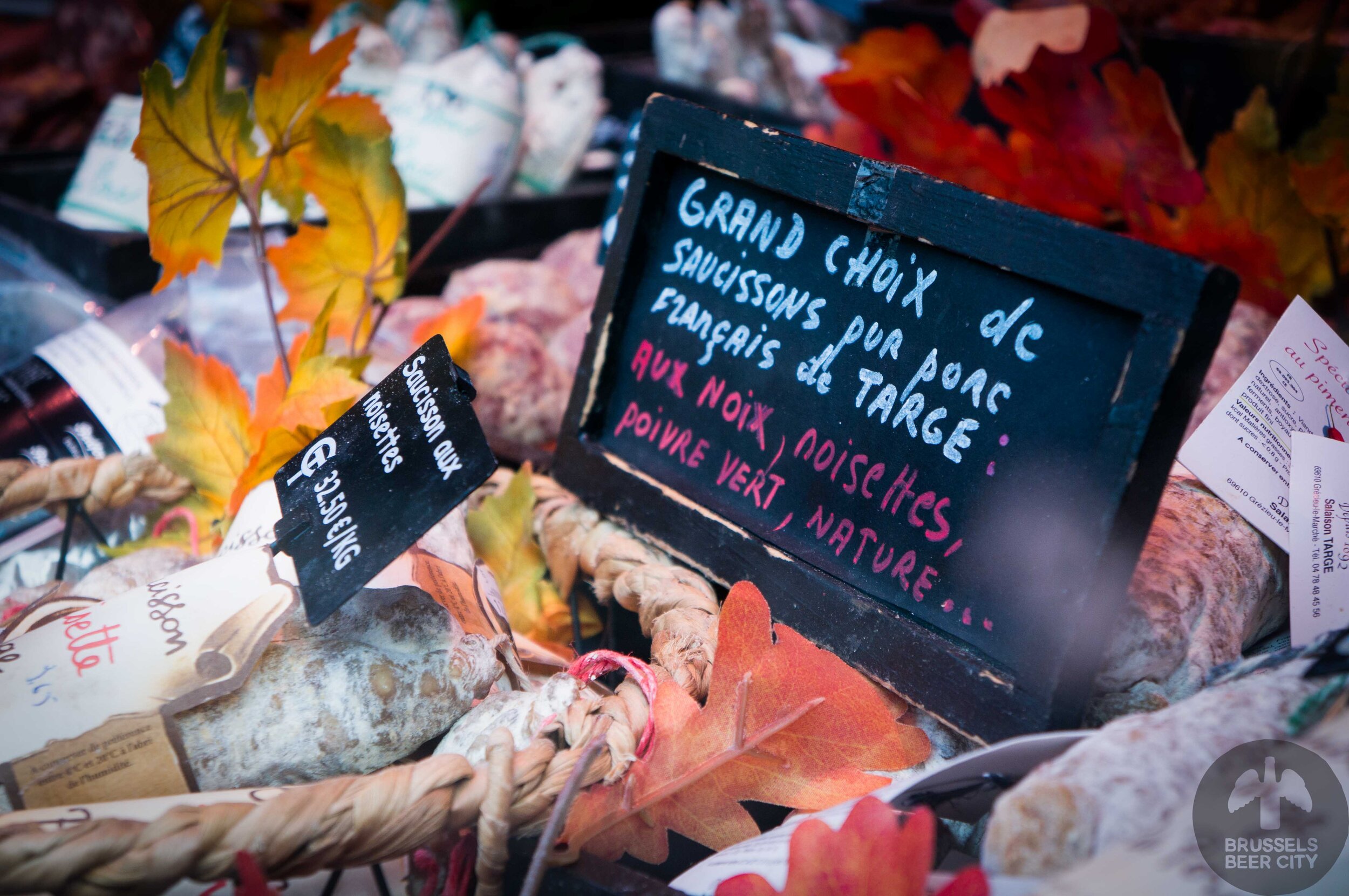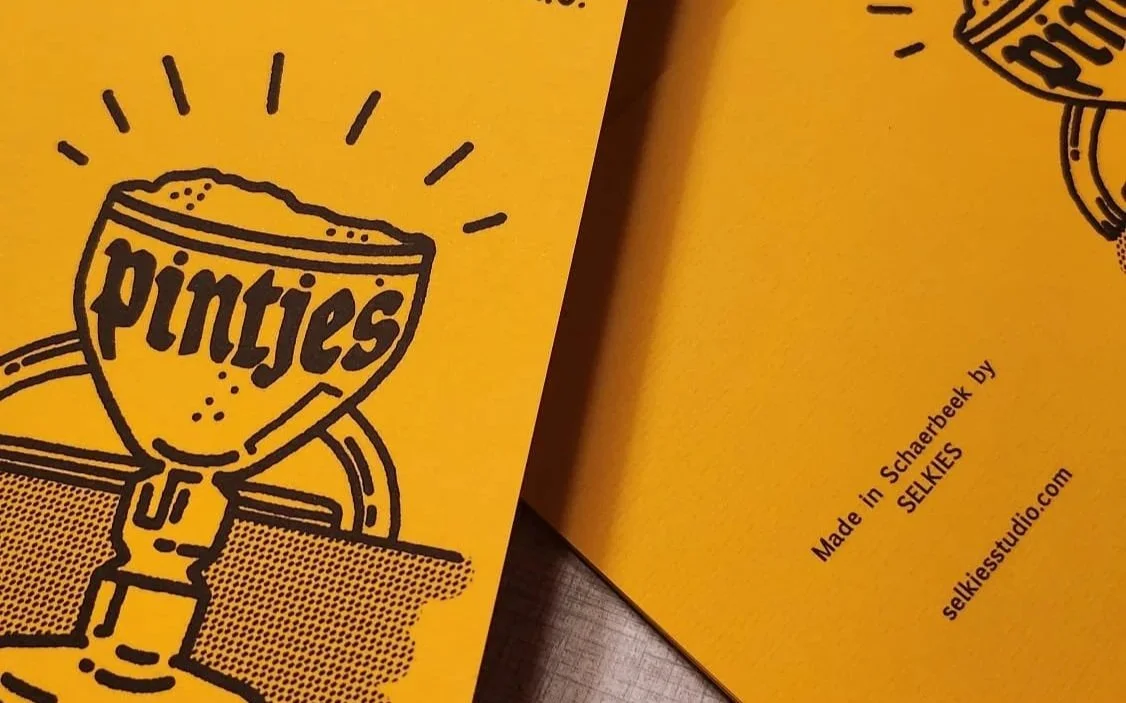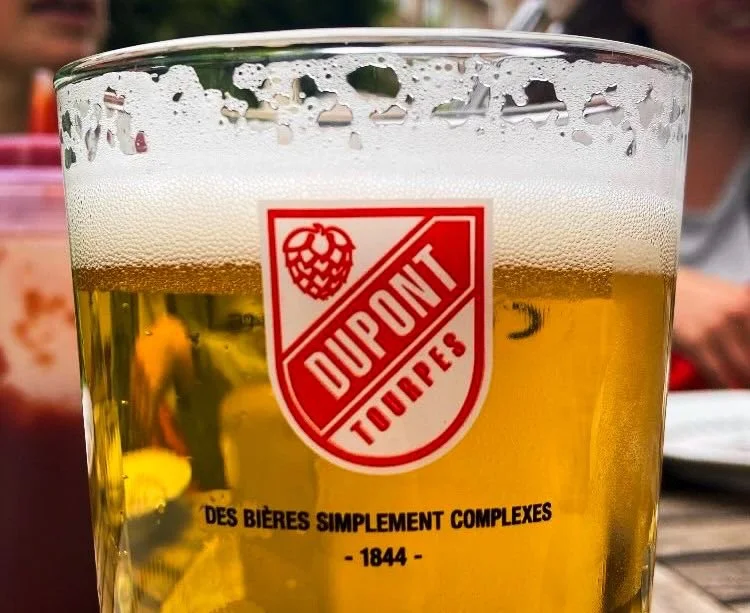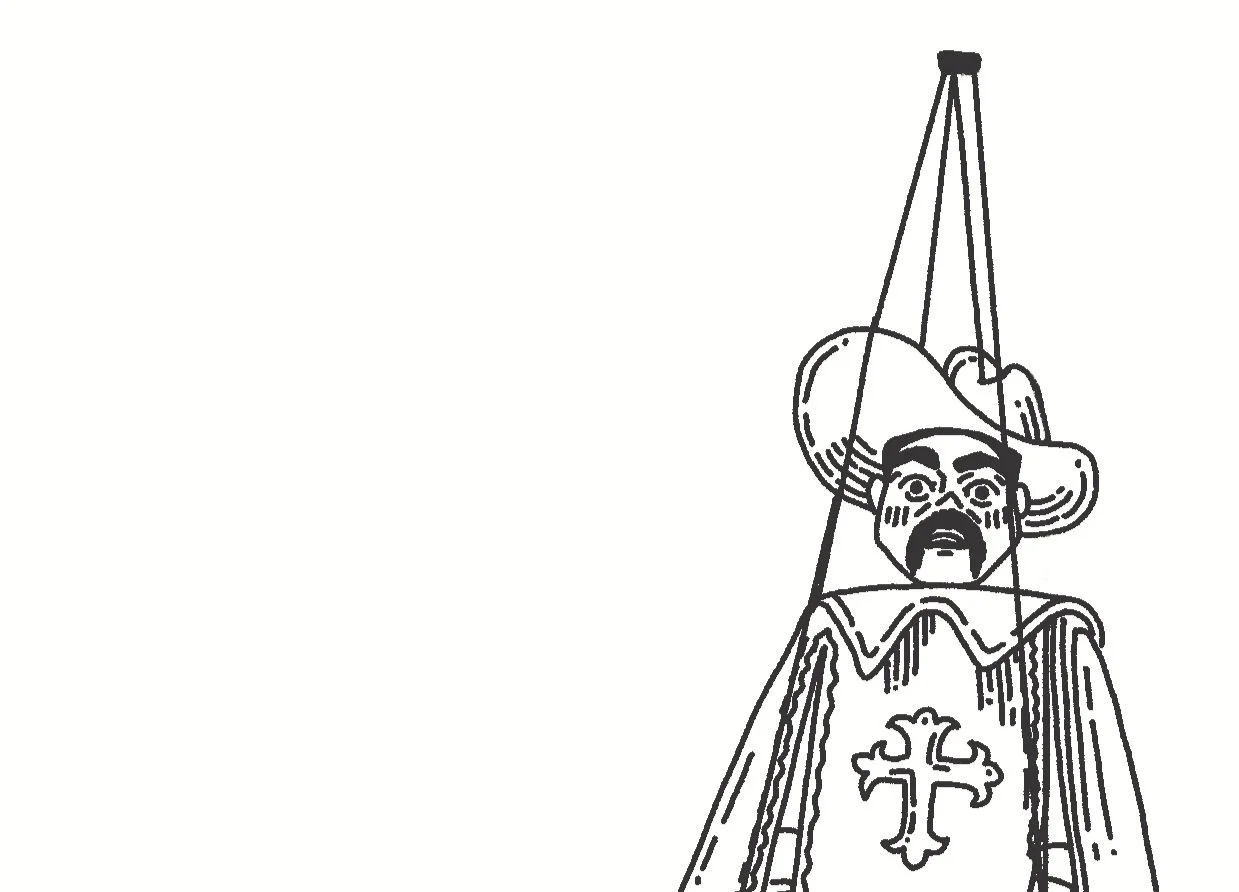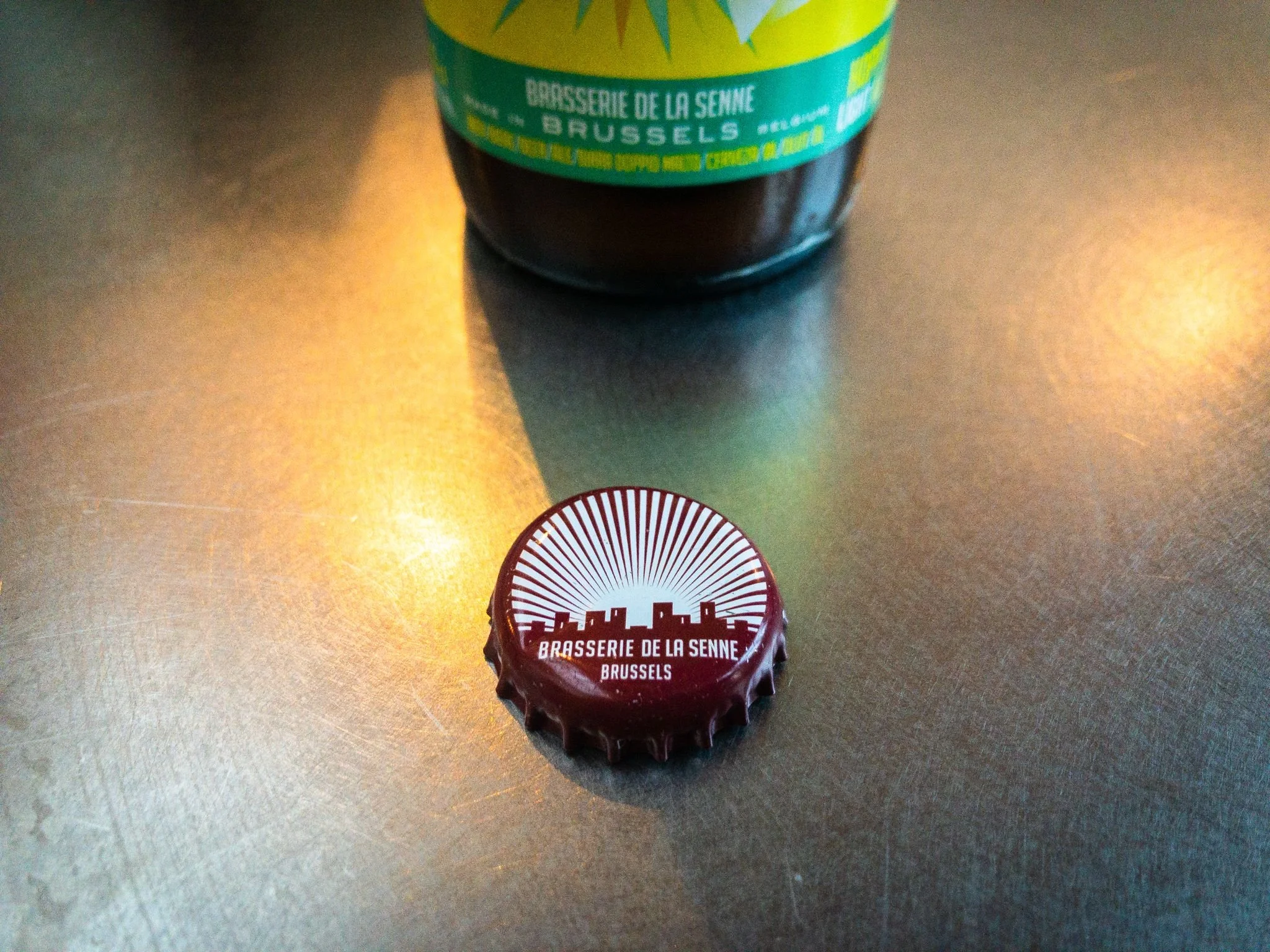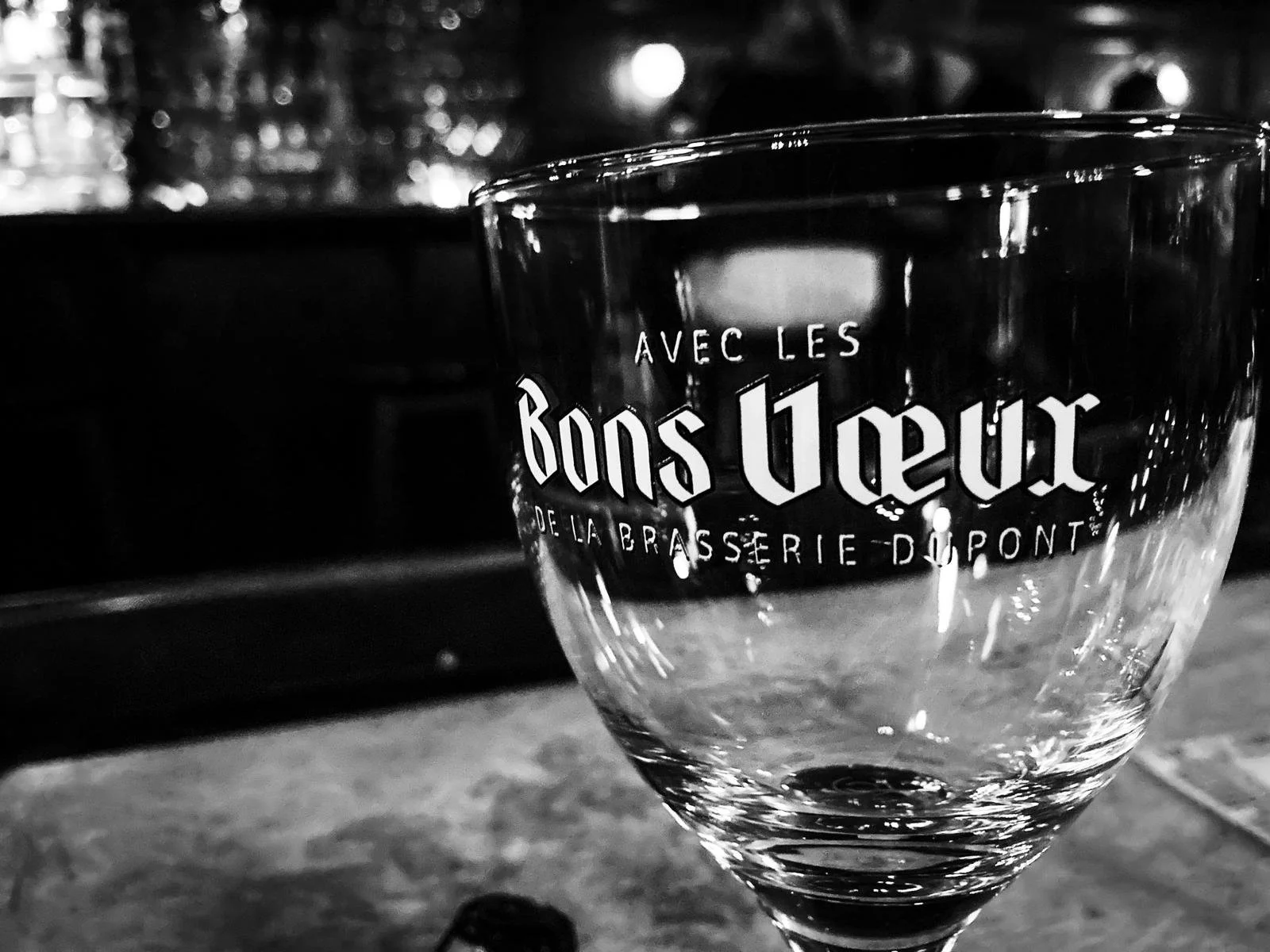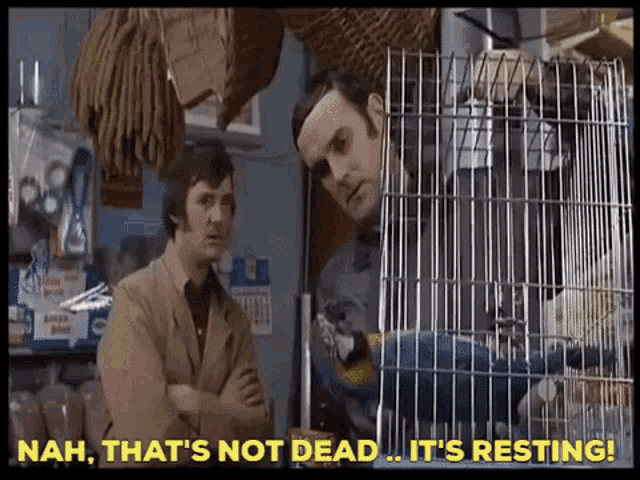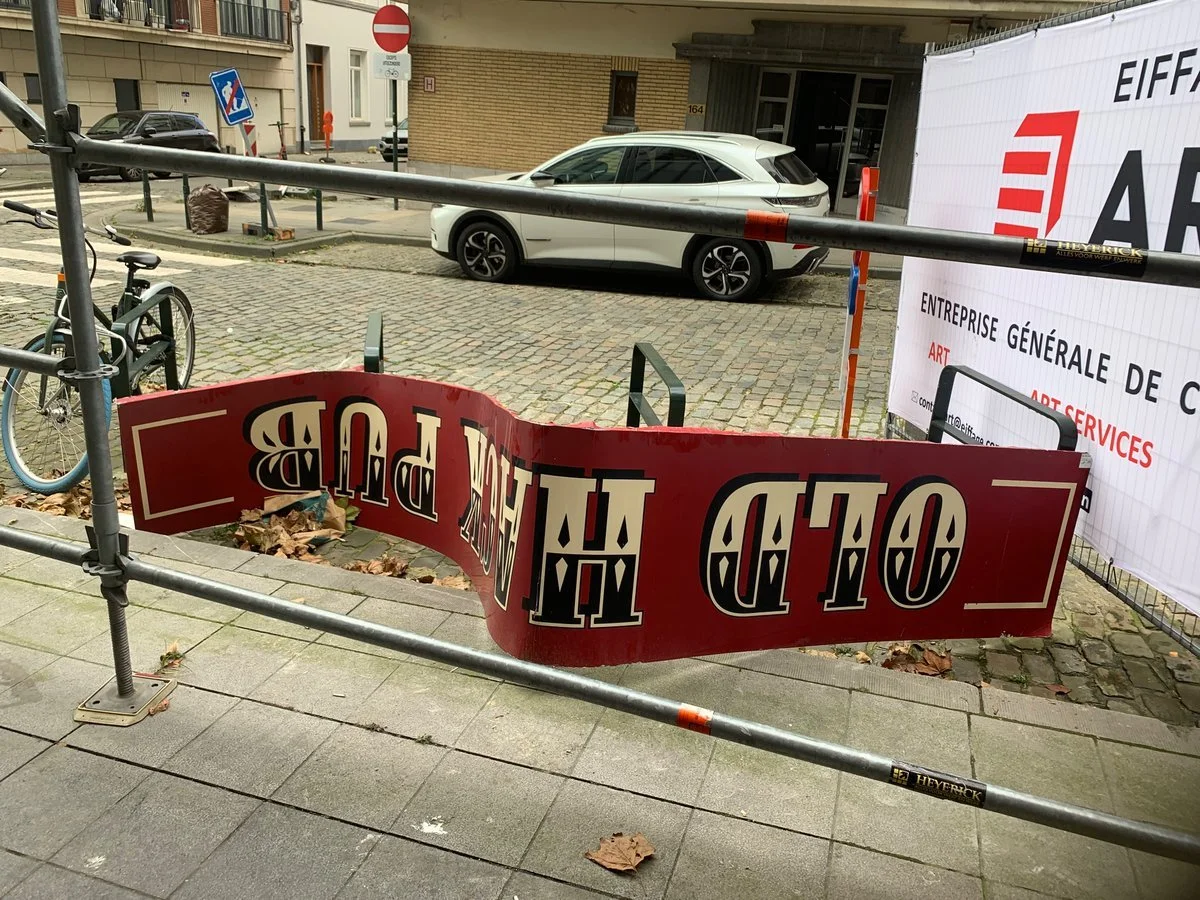Steamed buns, warm piss, and freshly brewed beer // An olfactory map of Brussels
Brussels stinks. It really stinks. Some days it smells glorious, of skewered rotisserie chickens dripping their paprika-stained grease onto the footpath or of the sweet scent of mashed-in grain that marks a new lambic season. On other days it is repellent - the amoniac fug of warming piss rising from pavements heralding summer’s arrival, or the damp choking fumes of the city’s unending winter congestion.
It helps that Brussels is a dirty city, without an overbearing bureaucracy determined to cleanse the city of its rough edges and malodorous crevices. In fact, living in Brussels it often feels as if the city has set itself up in opposition to it residents, daring us at every turn to complain about days-old rubbish bags left uncollected or pavements streaked with excrement of unknown origin.
It also helps that Brussels is fractured, less a city that a collection of villages split geographically, demographically and psychologically into ever smaller communities with their own distinct tang - the smoky Turkish kebab shops that line the Haachtsesteenweg in St. Josse, or the musty earthiness of gnarled root vegetables piled up outside night shops in Matonge.
Brussels is a lived-in city, dirty and stinking and crowded and infuriating. And after a decade living in Brussels all of its discrete smells have coalesced in my brain into a sort of olfactory map of the city.
Some smells, like the aforementioned rotating chicken carcasses or the melodious blend of citrus-and-bleach urine cakes, stale nicotine, and spilt beer of Café Le Coq, are pleasant. Others are irritating, like the vegetal rot of abandoned vegetables left behind by the Gare du Midi Sunday market. Then there are depressing smells, like the fetid reek of unwashed men in the cellars of Gare du Nord, an inescapable reminder of the failure of our government and theirs to confer on the transitory refugees who huddle there much human dignity.
Streets throbbing with a heady aroma
There are streets on my regular route through Brussels that practically throb with all sorts of heady aromas. Rue St. Catherine, linking the Beurs to the Oude Graanmarkt, is one. It tarts with the unfamiliar fermentables and exotic spices of the Kam Yuen asian supermarket before transitioning into the sweet scent of Peking Duck and the umami heft of a pair of butchers and charcuterie shops that glare at each other across the street, terminating in the deep-fried salty-sweet perfume of fresh oysters and sundry other fish hawked by bawling mongers to groups of curious tourists.
Many of these food-centric smells elicit an immediate autonomic response - hunger, thirst, revulsion. The scents that really stick in my internal map are ones that spark a more profound, lingering reaction. Just like your favourite song, maybe even more so, the right smell transports me in space and time to some recessed memory now awakened by this or that nasal receptor.
Spotting a clump of rubbish bags, the taint of a week’s uneaten dinners has me replaying the home birth of my second child and chasing rubbish vans down the street the morning after, dodging acquisitive magpies as I attempt to dispose of the necessary organic byproducts that come with a newborn.
Or the school in the shadows of the Kapellekerk I passed each morning on the way to the creche, emerging out of a stinking railway underpass and being enveloped into a sweet haze of freshly steamed bread coming from a vent in the school’s kitchen basement. The yeasty promise of those breads often prompted memories of my first shift at the Douglas McDonald’s on September 11, 2001. In between slinging nuggets and steaming McChicken buns, we stole glances at the breakroom TV and the unfolding events in New York. Since moving away from the neighbourhood, I’m rarely there early enough in the morning any more for a whiff, but if I do catch the scent in the air these twin memories - of school runs and first jobs - are now jumbled up together.
Bittersweet sense memories
Other aroma-induced waypoints are more bittersweet. I cross the Brussels canal almost every day, and a deep breath of its algal saltiness reminds me what a poor imitation it is of the estuary tang of Cork’s River Lee. That memory of home sometimes clarifies into the recollection of a long-ago mad dash on foot along the stonewall banks of the Lee, straining every muscle but still failing to get to the uptown hospice in time to see my mother one last time before she slipped from the living to the dead.
When I was younger, she and I would drive into the city for the usual errands - new shoes, therapy sessions, birthday presents. We would park in the narrow knot of streets between the St. Fin Barre’s cathedral and the Lee. And across the river was the old Beamish and Crawford brewery with its mock Tudor facade that urban legends kids that it was the site of grisly executions. They were still brewing then, gleaming fermentation tanks emblazoned with the Foster’s logo and the city blanketed with the sweet fug of steeped grains.
For most of my time living in Brussels, the smell of freshly brewed wort was a rarity; Brussels was once home to over 100 breweries, and beer must have been the defining perfume of the neighbourhoods around Wielemans, BelleVue and St. Michel. But brewing went into a precipitous decline in post-WWII Brussels, and by 2009 I would have been able to find the smell of steeped grain in the Aladdin’s cave of aromas that is Brasserie Cantillon or in the vicinity Brasserie de la Senne’s former home in Molenbeek.
Brussels is brewing again
Now though, thanks to the steady arrival of new breweries, you can catch a sniff of a brew day in many corners of the city. Around the corner from Cantillon at L’Ermitage. Or, as I did when cycling past Brussels Beer Project today, at the base of the Dansaertstraat where brewing fumes commingle with choking exhaust fumes.
Brussels is not a big city, but there is a lot of it. It is dirty, frequently exhausting, and it often stinks. And this is just my internal olfactory map of my sliver of the city; there is bound to be another, more adventurous one out there full of other sensory excitements. But for me, at least, it’s comforting to be living again in a city that hums once more to the smell of beer.

